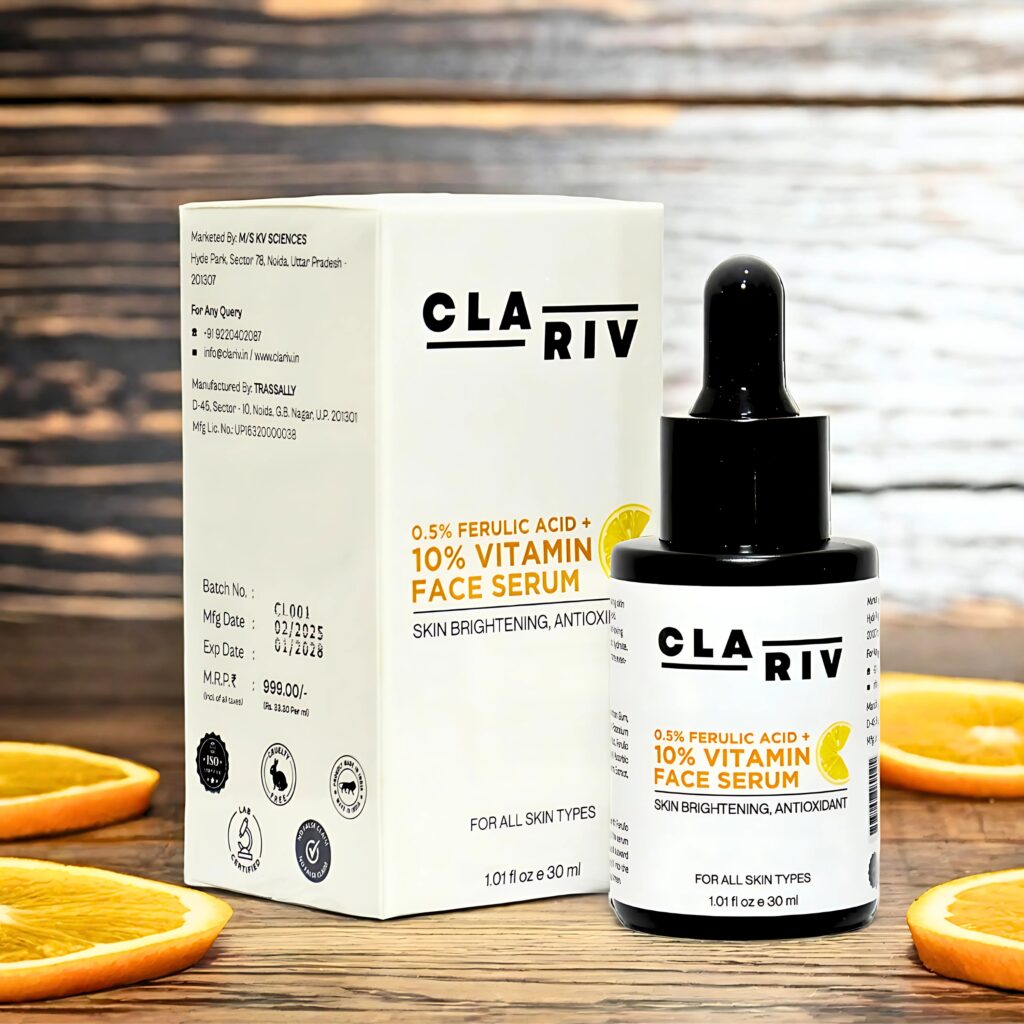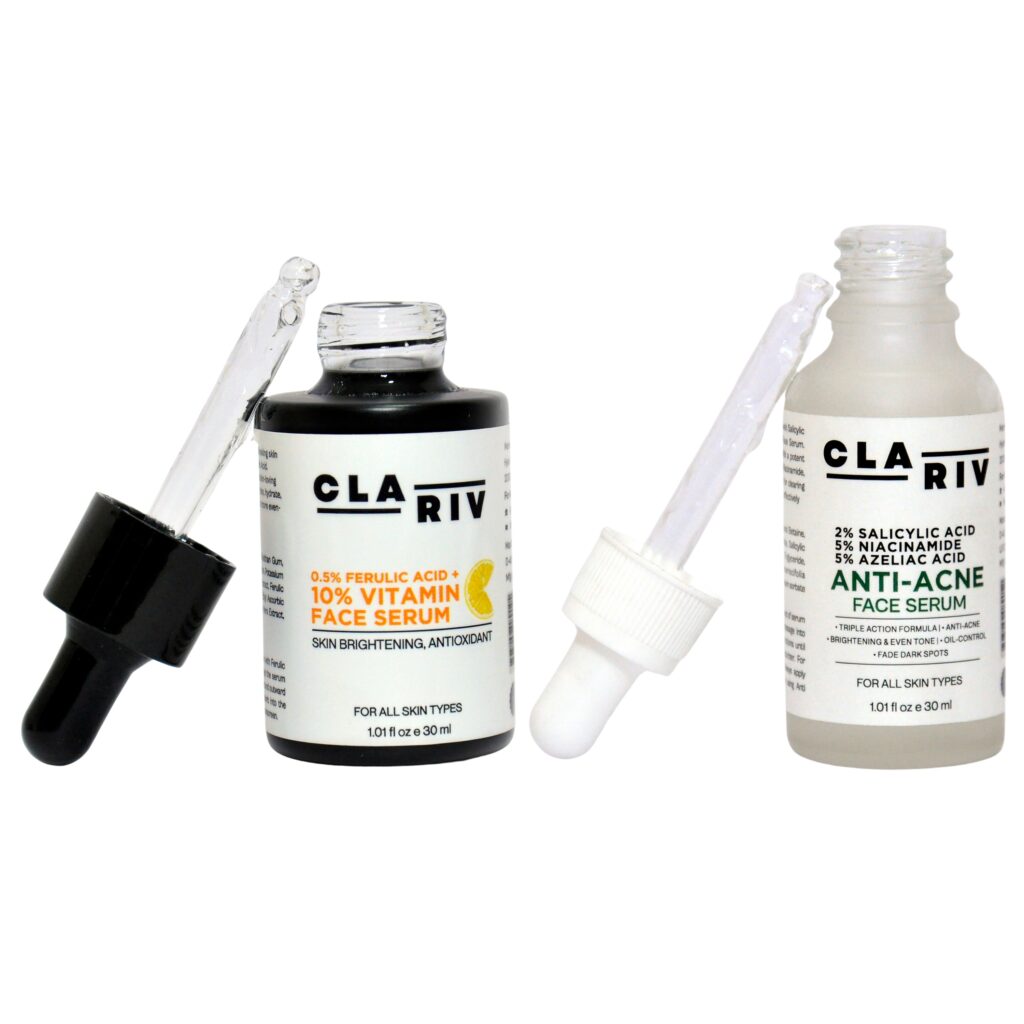Clinically Proven Ingredients: The Science Behind Effective Skincare
When choosing skincare products, one term often stands out — clinically proven ingredients. But what does this really mean? In simple words, clinically proven ingredients are those which have undergone rigorous scientific testing and have been validated for their safety, effectiveness, and performance on real people under controlled conditions.
What Makes an Ingredient “Clinically Proven”?
For an ingredient to be labeled clinically proven, it must go through:
Scientific Studies:
Conducted by dermatologists, scientists, or clinical researchers where the ingredient is tested on human volunteers or through laboratory studies.Peer-Reviewed Research:
The studies are often published in medical journals where experts review the findings for accuracy and credibility.Controlled Testing Conditions:
The ingredient’s effects are measured in controlled environments to eliminate external factors, ensuring that the results are purely due to the ingredient.Consistent & Reproducible Results:
The ingredient must show consistent positive results across multiple studies and participants.
Why Clinically Proven Ingredients Matter?
In the world of skincare, not every trending ingredient works. Here’s why clinically proven ingredients make a difference:
Guaranteed Safety: Tested for allergic reactions, sensitivity, and long-term use.
Visible Results: Helps in achieving real skin improvements like reduced wrinkles, acne, or pigmentation.
Transparency: Consumers know exactly what to expect.
Scientifically Backed: Data supports the claims, reducing the risk of marketing gimmicks.
Popular Clinically Proven Skincare Ingredients
Let’s look at some well-known ingredients that have been clinically tested and proven:
Vitamin C (Ascorbic Acid):
Brightens skin, reduces pigmentation, and boosts collagen production.
Niacinamide (Vitamin B3):
Reduces inflammation, improves skin texture, and strengthens the skin barrier.
Retinol (Vitamin A):
Fights signs of aging, smoothens wrinkles, and improves skin cell turnover.
Hyaluronic Acid:
Deeply hydrates the skin and maintains moisture balance.
Salicylic Acid:
Effectively treats acne by penetrating pores and reducing inflammation.
Peptides:
Stimulate collagen production and enhance skin firmness.
How to Choose Products with Clinically Proven Ingredients?

Look for products that mention “clinically tested” or “clinically proven” backed by studies.

Reputed brands usually publish study results or have clinical trial data available.

Products endorsed by dermatologists are often tested for safety and efficacy.
Final Thoughts
Investing in skincare products with clinically proven ingredients ensures you’re using formulations that are not only safe but also deliver visible results. They bring confidence, reliability, and science into your beauty routine.
FAQ Section (Optional to Add on your website)
Q1. Are clinically proven ingredients safe for all skin types?
Most clinically proven ingredients are tested across various skin types but always do a patch test before full use.
Q2. Can natural ingredients be clinically proven?
Yes! Many natural ingredients like green tea extract, aloe vera, and chamomile have clinical studies backing their benefits.
Q3. Are all clinical studies reliable?
Look for peer-reviewed and third-party studies for maximum reliability.


